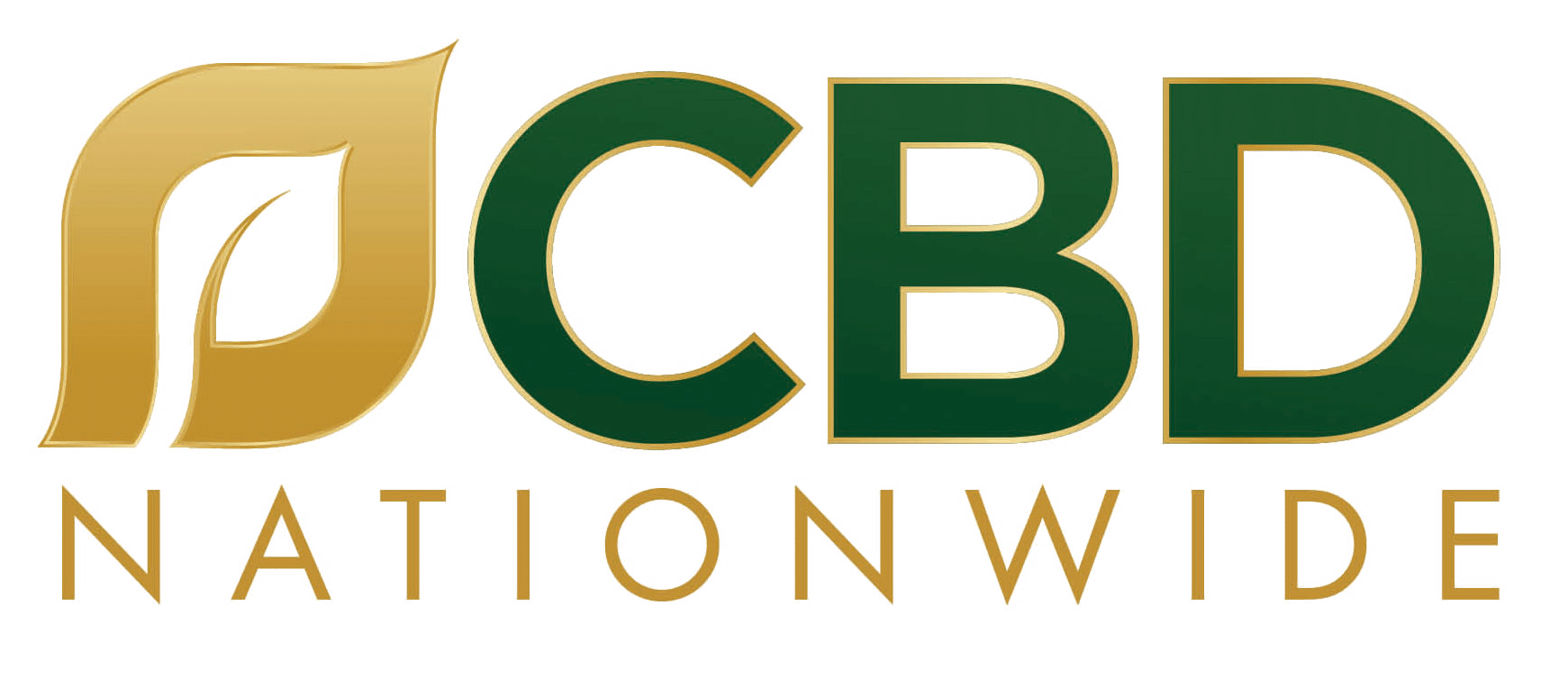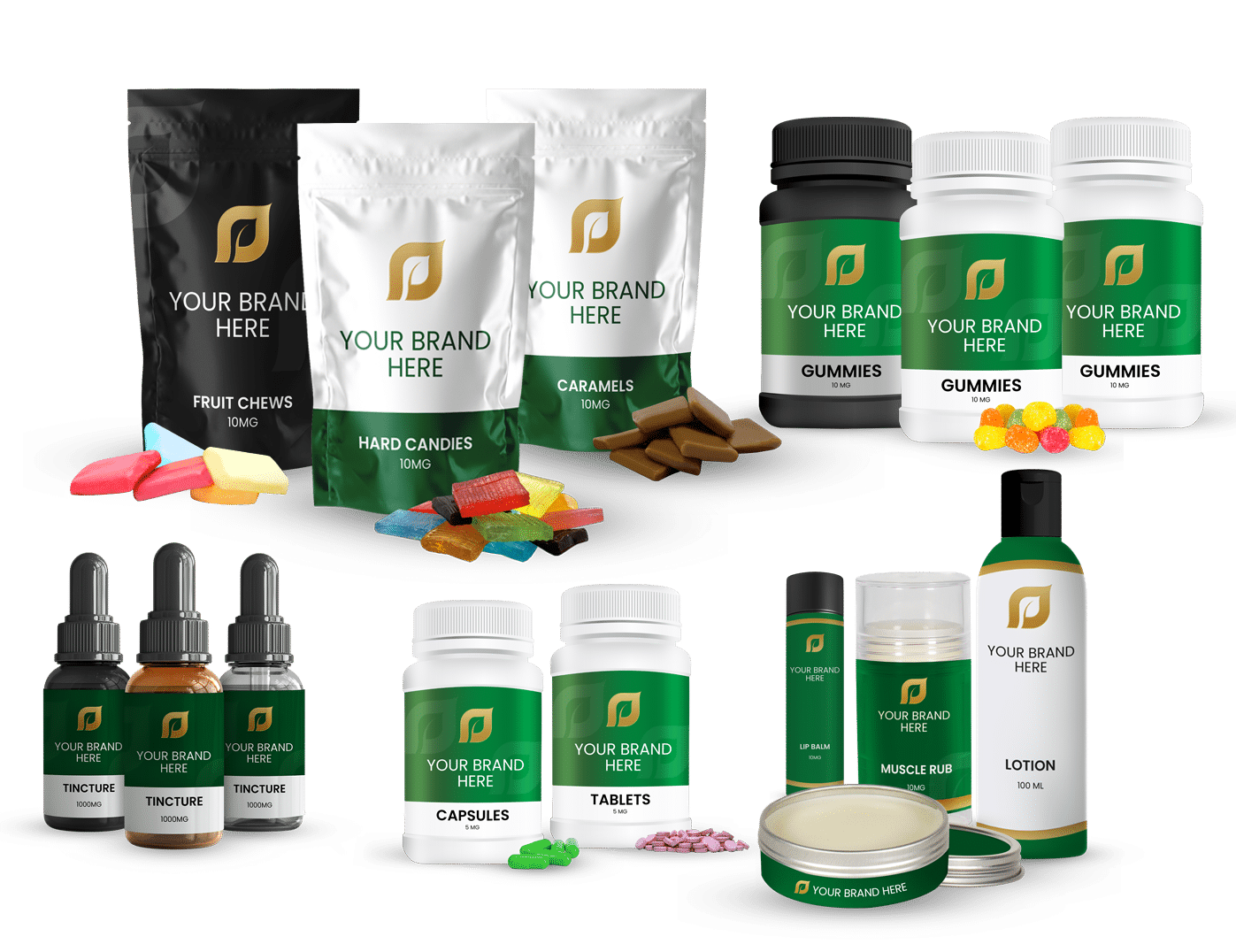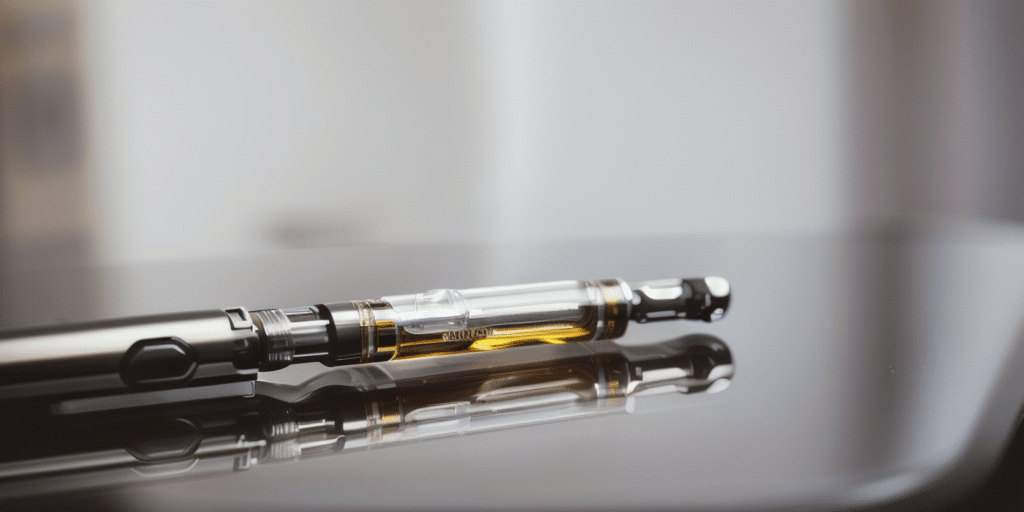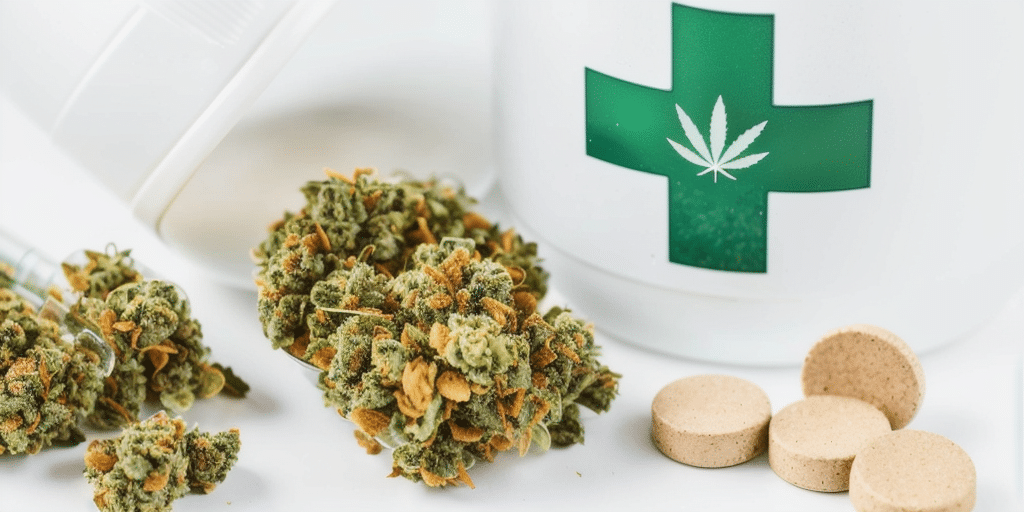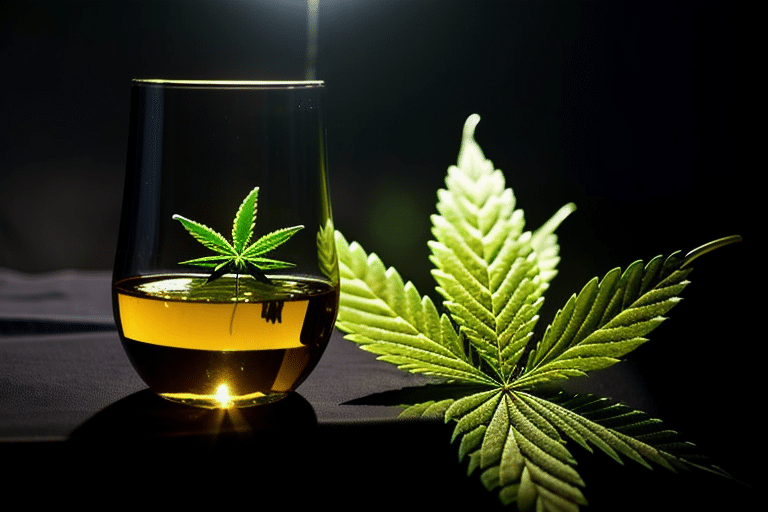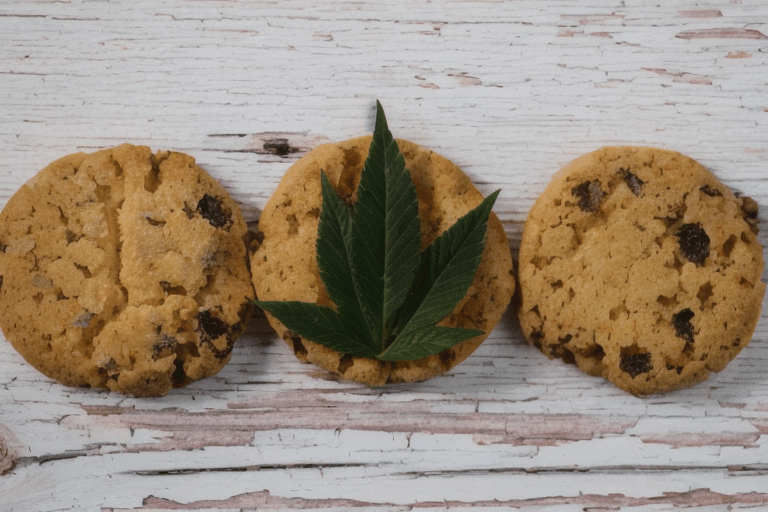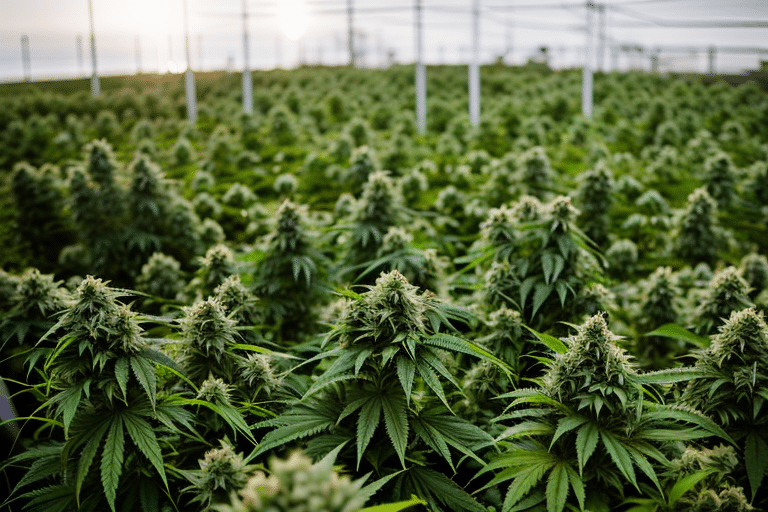While nearly everyone is familiar with cannabis, many fewer people know about cannabis’s quasi-legal, psychoactive extracts Delta 8 and Delta 9.
Previous research has shown a huge surge in interest in these substances, with an 850% increase in Google searches in 2021 alone. What hasn’t been studied until now is the relationship between cannabis prohibition and interest in these substances. This raises an important question:
Are cannabis bans inadvertently redirecting residents to seek out these alternative substances online?
This article breaks down our study, titled “Statistical Correlation Between Cannabis Legality and Public Interest in Delta 8 and Delta 9 THC.” It unravels the complex interplay between cannabis legality and the burgeoning interest in these lesser-known cannabinoids.
As the legal and regulatory frameworks continue to evolve, understanding these trends is paramount for stakeholders across multiple sectors, from policymakers to industry leaders.
Table of Contents
TogglePrimary Insights
- Surge in Alternative Cannabinoid Interest: Google Trends data reveals that interest in Delta 8 THC is 1.9 times higher in states where recreational cannabis is illegal compared to states with legal recreational cannabis, indicating a significant pivot toward alternative cannabinoids due to cannabis bans.
- Statistical Significance: The study’s ANOVA results for Delta 8 THC showed a p-value of approximately 0.000000655, translating to less than a 1 in 1.5 million chance that the observed search interest patterns are due to random chance, highlighting the robustness of the findings.
- Delta 9 THC Interest Patterns: Similar trends were observed for Delta 9 THC, with search interest being 1.27 times higher in states where recreational cannabis is illegal. The ANOVA results for Delta 9 THC indicated a p-value of approximately 0.000000980, emphasizing the consistency and significance of the trend across different cannabinoids.
- Cross-State Interest Variations: Tukey’s Honestly Significant Difference (HSD) tests confirmed significant differences in search interest for both Delta 8 and Delta 9 THC between states with different legal statuses of cannabis, shedding light on the nuanced consumer behavior across the nation.
- Potential Market and Policy Implications: The observed shift in consumer interest towards Delta 8 and Delta 9 THC in states with cannabis bans suggests potential market opportunities and the need for informed policy-making considering the demand for marijuana and its alternatives.
- Legal Loopholes and Production: The 2018 Farm Bill inadvertently created legal loopholes that have allowed the sale of Delta-8 THC and hemp-derived Delta-9 THC products. This has led to a complex legal landscape and a burgeoning online market for these products, even in states without legalized recreational or medical cannabis.
Study Overview
Our study, “Statistical Correlation Between Cannabis Legality and Public Interest in Delta 8 and Delta 9 THC,” adopted a data-driven methodology to scrutinize the influence of cannabis legality on online search behaviors.
Central to the research was the use of Google Trends data, a web-based analytics tool that provided a quantitative measure of search frequency for the terms Delta 8 and Delta 9 THC. Google Trends offers a lens into the zeitgeist, revealing public interest and trends over time by tracking and comparing the frequency of specific search terms in Google Search.
We categorized each state based on the legal status of cannabis, creating three distinct groups: states where cannabis is Illegal, states with Legal Medical cannabis, and states with Legal Recreational cannabis. The categorization was informed by information sourced from the Wikipedia page titled “Legality of cannabis by U.S. jurisdiction.”
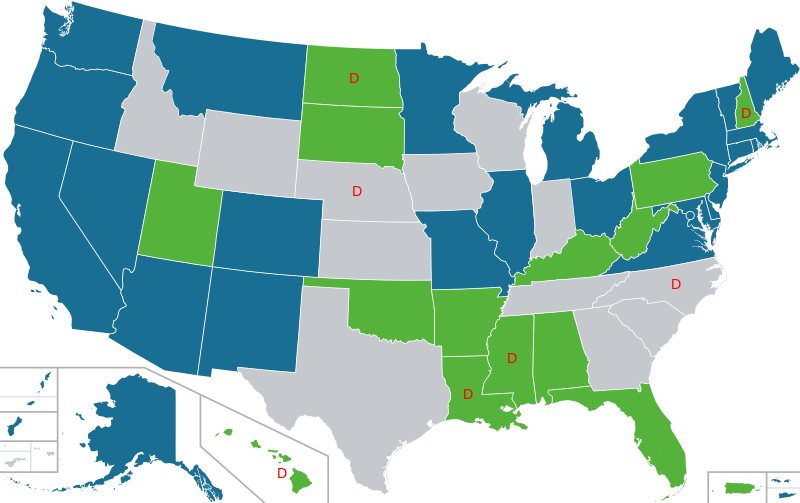
* Image by Lokal_Profil, available under Creative Commons Attribution-Share Alike 2.5 Generic license via Wikimedia Commons.
To ensure the robustness of the findings, the study employed rigorous statistical methods, including Analysis of Variance (ANOVA) and Tukey’s Honestly Significant Difference (HSD) tests. These methods are pivotal in confirming whether observed differences in data are statistically significant. ANOVA was used to determine if there was at least one group that differed significantly in search interest, while Tukey’s HSD test drilled down to identify which specific groups had significant disparities in their search behaviors, ensuring that the results were not just a fluke.
The combination of a clear-cut methodology, reliable data sources, and stringent statistical analysis provided a strong foundation for the study, setting the stage for insightful discoveries about the relationship between cannabis legality and the public’s online search patterns.
Key Findings
The exploration into the digital footprints left by those in search of cannabinoids has yielded compelling results, particularly concerning Delta 8 THC. The study revealed that interest in Delta 8 is 1.9 times higher in states where recreational cannabis is illegal compared to states with legal recreational cannabis. This stark contrast is not a mere statistical anomaly; the ANOVA results confirmed this with a p-value of approximately 0.000000655. To put this into perspective, there is less than a 1 in 1.5 million chance that such results could be attributed to random chance, making this finding over 76,000 times more significant than the conventional threshold for statistical significance.
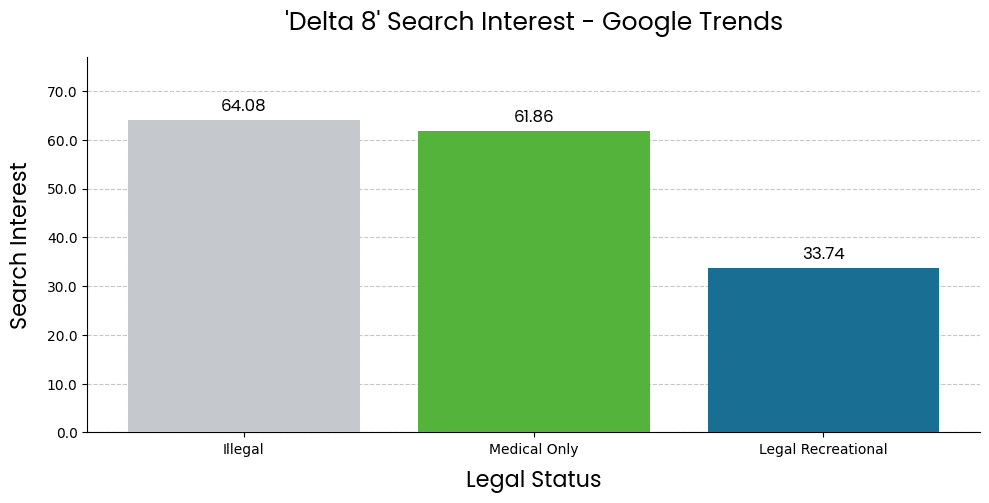
Furthermore, the differentiation in search interest between ‘Legal Recreational’ states and states with other legal statuses was not only significant but also confirmed by Tukey’s Honestly Significant Difference (HSD) tests. These tests validated that states where cannabis is either completely illegal or only medically legal are indeed searching for Delta 8 at rates notably higher than those where it is recreationally legal.
The story does not end with Delta 8, however. Delta 9 THC, the more well-known psychoactive compound in cannabis, also saw a heightened interest in states with cannabis bans. Searches for Delta 9 were 1.27 times higher in states where recreational cannabis is illegal than in states with legalized recreational use. The ANOVA results for Delta 9 THC searches across different legality categories showed a p-value of approximately 0.000000980, indicating a less than 1 in 1 million chance that the observed differences were due to random variation, thus echoing over 51,000 times the standard value for statistical significance.
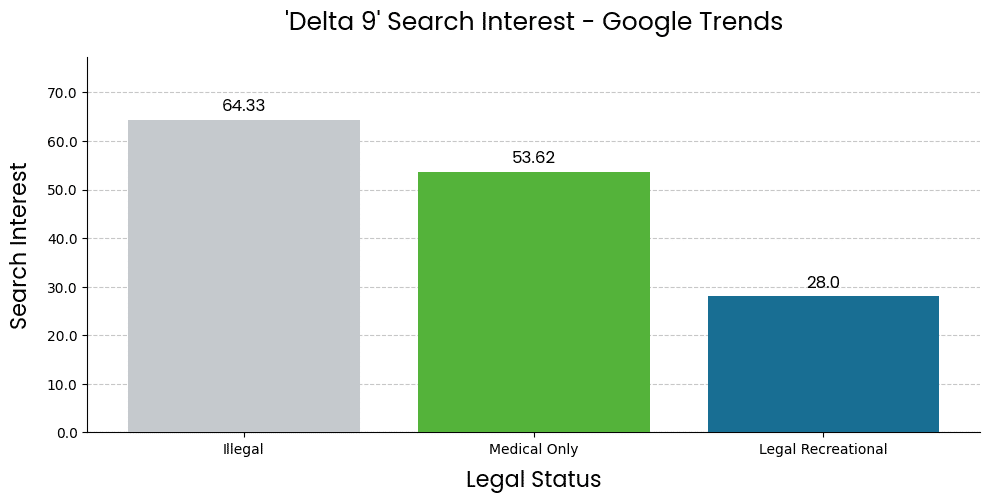
Similar to Delta 8, the Tukey’s HSD tests for Delta 9 THC searches also underscored significant discrepancies between ‘Legal Recreational’ states and states without legal recreational cannabis. The data pointedly illustrates that irrespective of the legality of recreational cannabis, there is a significant contingent of people actively seeking information on Delta 9 THC, with those in non-recreational states showing a markedly higher propensity to search for this compound.
These key findings not only reflect the public’s burgeoning interest in alternative cannabinoids but also highlight an important trend that could have widespread implications for market analysis, public policy, and educational outreach initiatives. The pivot towards Delta 8 and Delta 9 THC in regions where traditional marijuana is prohibited suggests a shift in consumer behavior that merits attention from stakeholders across multiple sectors.
Implications of the Study
The data presented in this study draws a significant correlation between the legal status of cannabis within states and the public’s interest in cannabinoids like Delta 8 and Delta 9 THC. Notably, the heightened search interest in states where recreational cannabis is illegal suggests a pivot towards these alternative substances. This behavior may reflect a pursuit for legal avenues to achieve similar effects to those of traditional marijuana.
Interestingly, this search for alternative cannabinoids isn’t confined to states with cannabis bans. Even in states where recreational cannabis is legal, there appears to be a sustained interest in Delta 8 and Delta 9 THC. This suggests that despite the accessibility of legal marijuana, a portion of the populace is exploring these other cannabinoids, possibly due to their unique effects, perceived benefits, or simply out of curiosity.
The findings of this study carry significant weight for market analysis, potentially guiding businesses on consumer trends and demands. In terms of policy-making, this data could inform a more nuanced approach to cannabis regulation, highlighting the need for a better understanding of not just the demand for marijuana but its alternatives as well. Moreover, these insights could aid in shaping educational initiatives to provide accurate information on the effects, risks, and legal status of various cannabinoids.
Supporting broader data trends, the study also suggests the ineffectiveness of prohibition and the war on drugs. Markets seem to adapt to legal restrictions, and consumers’ search behaviors reflect their desire to find legal alternatives. As public policy continues to evolve in response to shifting attitudes towards cannabis, it is hoped that future decisions will be increasingly informed by data, emphasizing harm reduction, public health, and a more scientific understanding of psychoactive substances.
Understanding Delta-8 and Delta-9 THC
Delta-8 THC and Delta-9 THC are by far the most popular cannabinoids sold online. Nonetheless, there is a lot of confusion about both their legality and usage.
What is Delta-8 THC?
Delta-8 THC (Delta-8-tetrahydrocannabinol) is a natural compound found in cannabis plants, albeit in far smaller quantities than its more famous counterpart, Delta-9 THC. Known for its mild psychoactive effects, Delta-8 THC offers a milder high, which some users prefer for its reduced risk of inducing anxiety and paranoia.
Due to its low concentration in cannabis plants, Delta-8 THC is often manufactured in laboratories through the chemical conversion of more abundant cannabinoids, such as CBD or Delta-9 THC. This is typically done by dissolving these compounds in a solvent, adding an acid to catalyze the conversion, and then refining the mixture to isolate Delta-8 THC. This requires specialized equipment and expertise to ensure the final product is pure and safe for consumption. The legal status of Delta-8 THC varies; it resides in a gray area in many jurisdictions but is considered legal under certain conditions in various U.S. states, largely due to its derivation from hemp.
How is Delta-8 THC produced?
Delta-8 THC production starts with its trace presence in cannabis plants. To obtain it in usable quantities, manufacturers often convert cannabinoids like CBD or Delta-9 THC. This process entails a controlled reaction in a laboratory setting, where the precursor compound is dissolved, and an acid is introduced to catalyze the transformation into Delta-8 THC. Subsequent refinement steps are crucial to eliminate impurities, leaving behind the desired Delta-8 THC, which must then be thoroughly tested to confirm its purity and potency.
What is Delta-9 THC?
Delta-9 THC (Delta-9-tetrahydrocannabinol) is the primary psychoactive component in cannabis responsible for the ‘high’ commonly associated with marijuana use. When people search online for “Delta-9”, they are often seeking hemp-derived Delta-9 THC, which can be legally sold due to a loophole in the 2018 Farm Bill. This legislation permits the sale of hemp-derived products with Delta-9 THC concentrations not exceeding 0.3% by dry weight.
How is Delta-9 THC produced?
The production of legal, hemp-derived Delta-9 THC begins with hemp plants that naturally contain low levels of the compound. Using advanced extraction techniques, Delta-9 THC is separated from the plant material. It is then concentrated and refined to enhance its purity. The final product must have a Delta-9 THC concentration below the legal threshold of 0.3% of the product’s dry weight to be compliant with the 2018 Farm Bill. Manufacturers must diligently test and adjust the concentrations to ensure the product can be legally sold, especially in states without legalized recreational or medical cannabis.
Legal Status and Farm Bill Implications
The 2018 Farm Bill stands as a landmark in the annals of the American CBD industry, marking the dawn of a new era. By federally legalizing hemp and differentiating it from its psychoactive relative, marijuana, the bill not only liberated hemp from the confines of the Controlled Substances Act but also catalyzed an unprecedented boom in the cultivation, production, and sale of hemp and its derivatives, especially cannabidiol (CBD).
The 2018 Farm Bill
The landscape of cannabis legality experienced a seismic shift with the passage of the 2018 Farm Bill. This pivotal piece of legislation federally legalized hemp, categorically defining it as a cannabis plant with a Delta-9 THC concentration of 0.3% or less by dry weight. This move effectively differentiated hemp from its psychoactive relative, marijuana, and removed hemp from the Controlled Substances Act.
This legalization unlocked a plethora of opportunities for the hemp industry, leading to a boom in the cultivation, production, and sale of hemp and its derivatives, including cannabidiol (CBD). It also catalyzed the expansion of the CBD market by permitting the legal production and sale of CBD products as long as they comply with the federal THC threshold and originate from legally grown hemp.
Moreover, the language of the 2018 Farm Bill inadvertently opened a door for the Delta-8 THC market by not explicitly addressing this cannabinoid, thus creating a legal grey area. This has led some to interpret the bill as allowing for the legal sale of Delta-8 THC products derived from hemp, provided they meet the same THC concentration limits set for CBD.
National and State-by-State Legal Status
The legal status of Delta-8 and Delta-9 THC is a complex tapestry across the United States, with regulations varying significantly from one state to another. At the federal level, the Farm Bill’s criteria apply, but states have the autonomy to enact their own laws regarding these cannabinoids.
Delta-8 THC occupies a particularly nebulous space in the legal landscape. Some states have moved to explicitly ban its sale and use, while others have not legislated against it, allowing its continued sale. The confusion extends to consumers and businesses alike, navigating a patchwork of regulations that vary by jurisdiction.
For hemp-derived Delta-9 THC products, the legal situation is clearer. These products are legally accepted as long as they contain less than 0.3% THC by dry weight. This threshold aligns with the federal definition of hemp, enabling the sale of these products even in states that have not legalized recreational or medical cannabis.
The Farm Bill and Legal Loopholes
The language of the 2018 Farm Bill, while groundbreaking, has inadvertently introduced ambiguities, particularly concerning Delta-8 THC. The bill’s definition of hemp centered on Delta-9 THC and did not specifically mention Delta-8, allowing stakeholders to navigate a legal loophole for its sale.
Furthermore, the Farm Bill’s provisions have allowed for the legal sale of hemp-derived Delta-9 THC products under the stipulated concentration limit. This has given rise to an online marketplace for these products, which can be legally purchased in states where cannabis remains illegal, highlighting the complexity and unintended consequences of the legislation.
As the public, policymakers, and industry stakeholders grapple with the implications of the 2018 Farm Bill, it’s clear that the legal status of cannabinoids will continue to be a dynamic and evolving issue, with significant implications for market trends, regulation, and consumer behavior.
Conclusion
The study “Statistical Correlation Between Cannabis Legality and Public Interest in Delta 8 and Delta 9 THC” has illuminated a compelling relationship between the legal status of cannabis and the burgeoning interest in alternative cannabinoids. The evidence is clear: in states where recreational cannabis remains illegal, there is a marked increase in the public’s search for information on Delta 8 and Delta 9 THC, suggesting a potential shift in consumer behavior toward these substances.
This trend is not just a reflection of a desire to circumvent the law. Even in states with legalized recreational cannabis, there is a significant interest in Delta 8 THC, indicating a nuanced consumer market with varied preferences and needs. The data underscores the critical role of legality in shaping online search trends and, by extension, consumer demand.
For stakeholders, these findings offer valuable insights into the evolving market dynamics of cannabis and its derivatives. Understanding these patterns is essential for developing informed strategies that cater to the shifting landscape of consumer interest, particularly in an industry as complex and regulated as cannabis.
As the conversation around cannabis policy continues to progress, this study’s implications extend beyond market analysis. They highlight the need for data-driven policy-making that considers the multifaceted nature of cannabis use and its alternatives. Moreover, they encourage a broader contemplation of market trends and their influence on future cannabis regulations.
